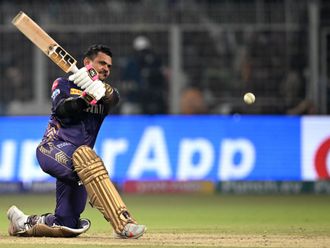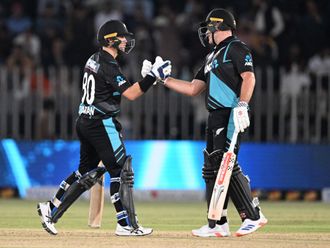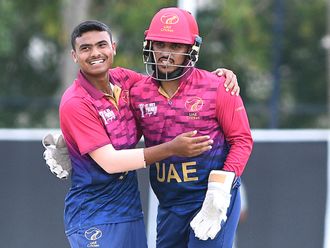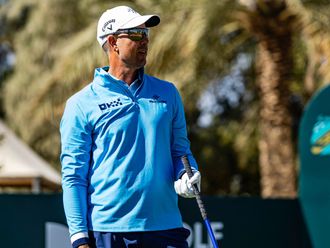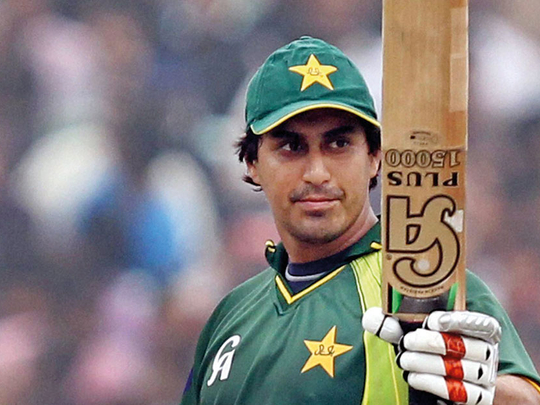
Dubai: Pakistan’s opening batsman Nasir Jamshed has received the biggest ban in the 2017 Pakistan Super League (PSL) spot-fixing case. Twenty-eight-year-old Jamshed has been banned for 10 years after an independent Anti-Corruption tribunal found him guilty of five of the seven breaches of the Pakistan’s anti-corruption code he had been charged on.
Earlier, Pakistan Cricket Board (PCB) had banned and fined Sharjeel Khan, Khalid Latif, Mohammad Nawaz, Mohammad Irfan and Shahzaib Hasan in the same incident but not as severely as Jamshed.
Khan and Latif were banned for five years, while Irfan and Nawaz were suspended for 12 and two months respectively. The verdict on Jamshed virtually ends his international career which is made up of two Test matches, 48 One Day Internationals and 18 Twenty20 International matches. He last played for Pakistan in the 2015 ICC Cricket World Cup with his last match against UAE at Napier in which he was caught by Khurram Khan off the bowling of Asanka Guruge for 4.
In 2017, he was suspended and later banned for only one year for his role in the PSL scandal. Jamshed was under PCB’s observation for corrupt practices since he had been arrested in UK in February 2017 and then released. This was done by the National Crime Agency (NCA) in England following investigations emanating from the allegations of the spot-fixing case.
In December 2017, Jamshed was suspended for one year by PCB’s anti-corruption tribunal for non-cooperation in relation to the spot-fixing case. This ban had ended in February this year. However, PCB has now charged him with seven violations of their anti-corruption code.
When Jamshed had rejected the charges the PCB formed a tribunal headed by retired judge Justice Fazal-e-Miran Chauhan, former Pakistan pacer and UAE cricket coach Aaqib Javed and Supreme Court advocate Shahzaib Masood as members. It has been found that Jamshed has been the central figure in the corruption scandal and was responsible for approaching and soliciting other players for fixing. The verdict is based on a collection of WhatsApp voice recordings allegedly between Jamshed and others.
PCB’s lawyer Taffazul Rizvi, speaking to reporters, said: “Our point was proved and accepted by the tribunal, and they found him guilty on multiple charges. Even if he returns after rehabilitation, he is not allowed to be engaged in any cricket management role and will be kept him away from cricket. We also suggested his name be added in a list of persons mentioned in anti-corruption lectures who are to be avoided by the players. So this all ends here. There are some cases which don’t make you happy despite you winning it. This is one such [case]. Because a player has destroyed his career due to spot-fixing and failure to report approaches.”
Soon after the scandal broke out, Najam Sethi, the PCB chairman had remarked: “We will not tolerate any form of corrupt activity and as this investigation proceeds we will not hesitate to take further decisive action as appropriate. PSL management is working with the anti-corruption units of the Pakistan Cricket Board (PCB) and International Cricket Council (ICC) to root out corruption.”


